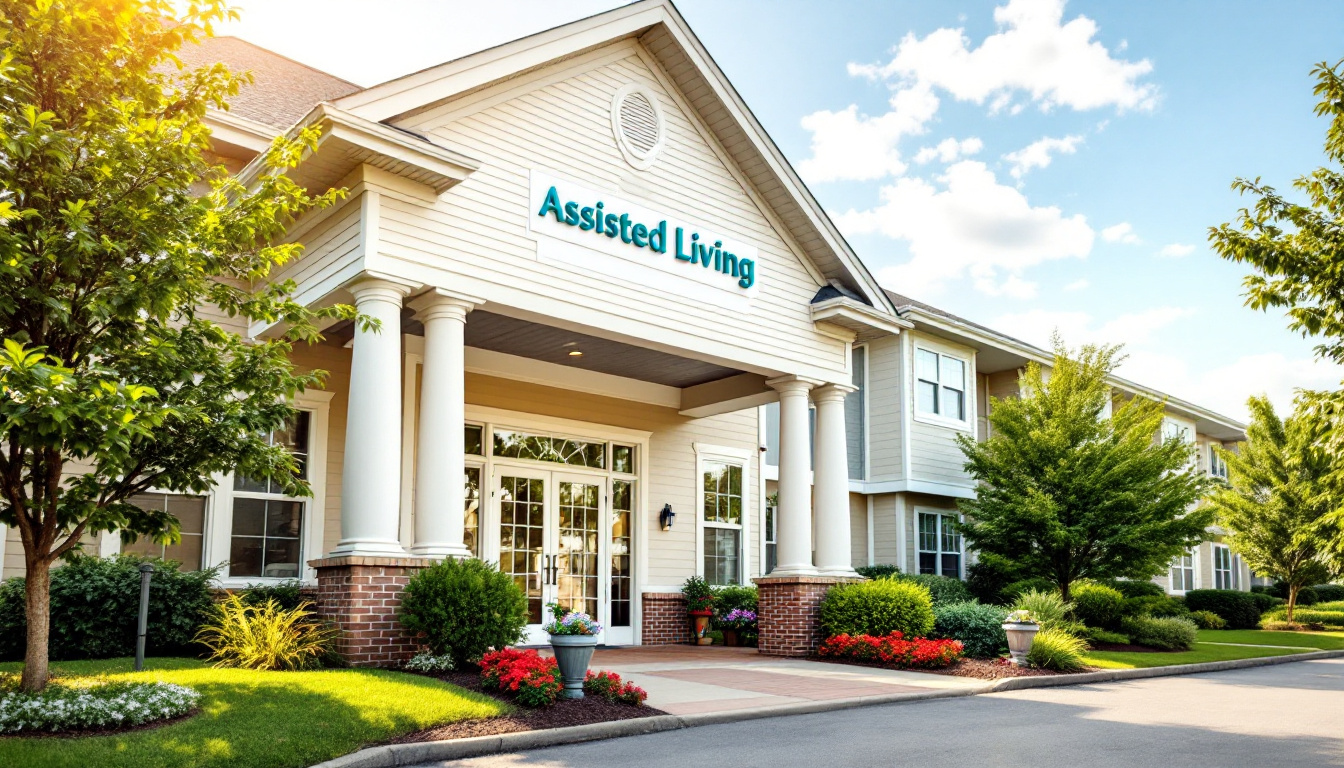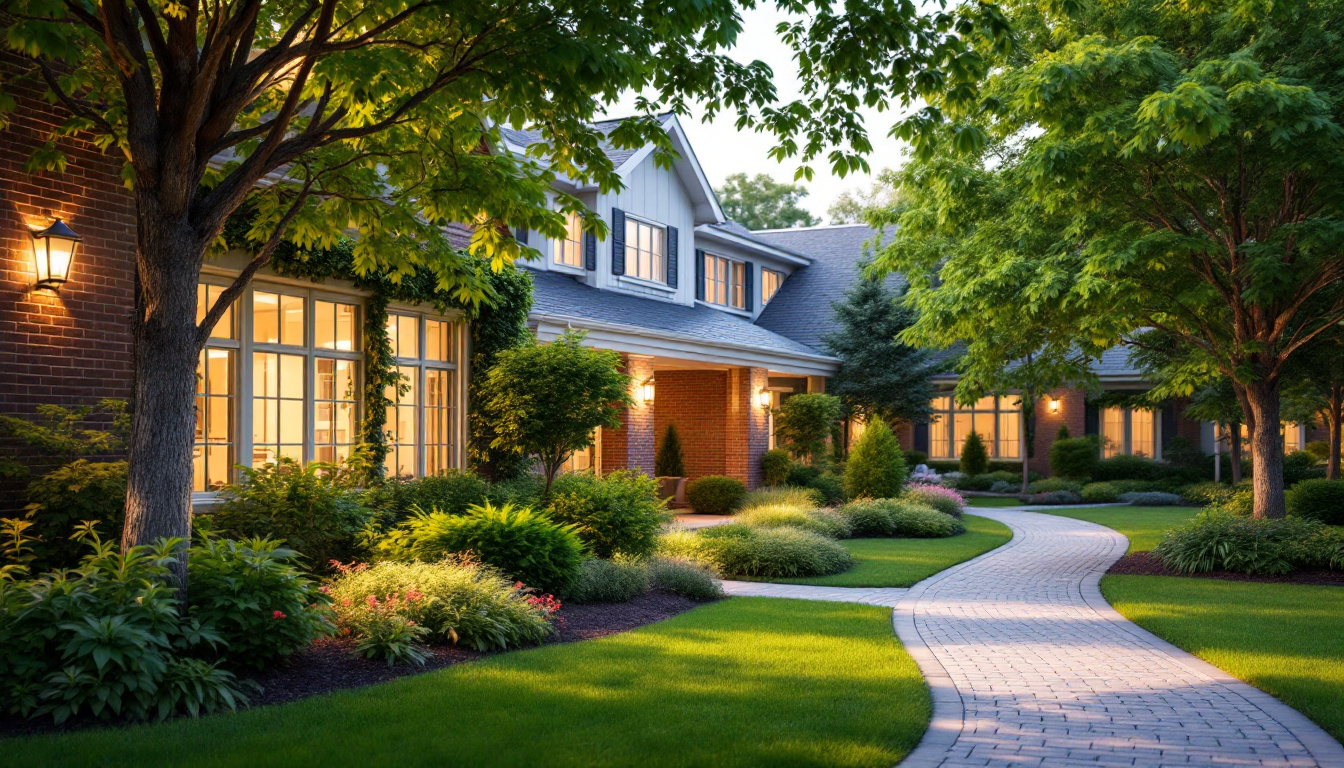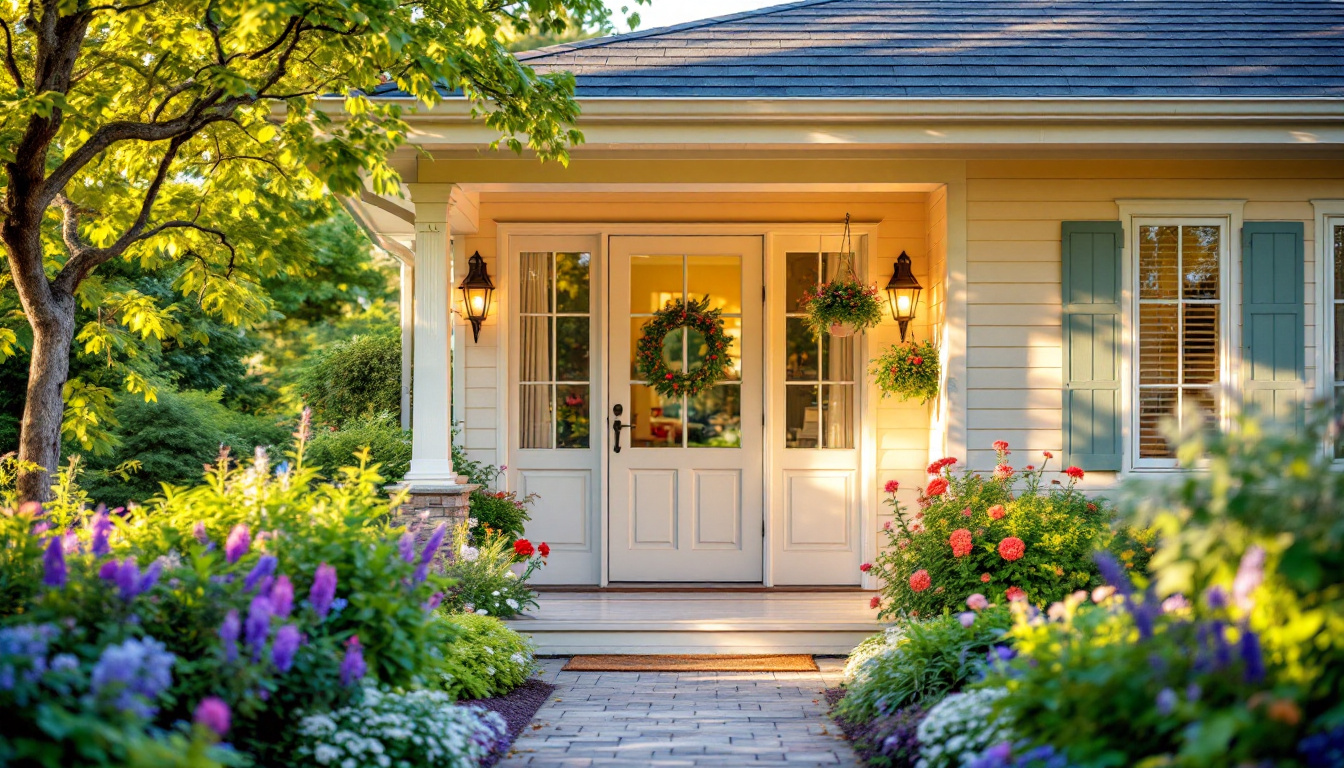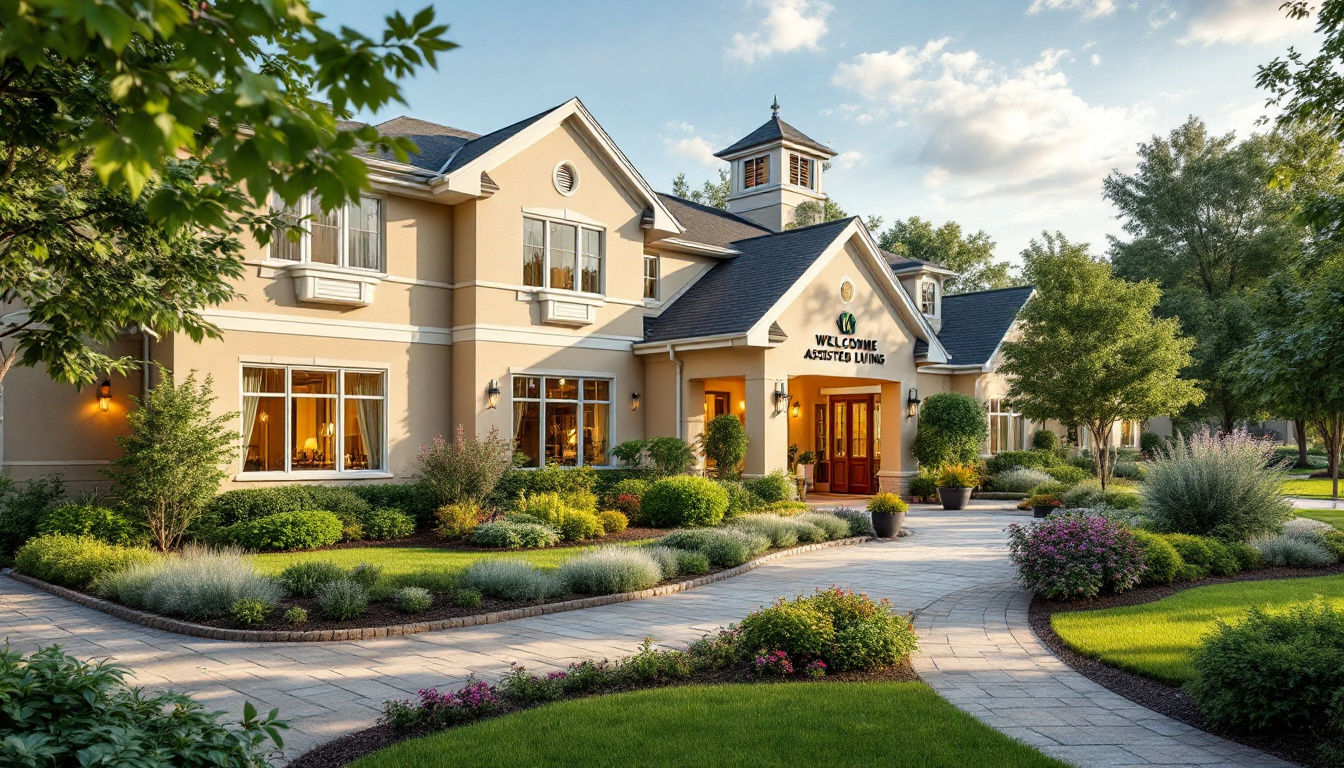The Importance of Activities and Engagement in Senior Living Communities
Activities and Community: Pillars of Well-being for Seniors

Introduction
In today's world, senior living communities play an essential role in enhancing the quality of life for older adults. Amidst the many facilities and services offered to cater to the needs of seniors, activities and community engagement stand out as crucial elements that contribute to both mental and physical health. This article delves into the importance of these engagements and activities, highlighting their impact on the well-being of seniors.
The Vital Role of Social Engagement

Impact of social engagement on seniors' well-being
Social engagement plays a critical role in improving the well-being of senior adults. Research shows that regular interactions with peers can significantly lessen feelings of loneliness and depression often experienced by older individuals. Participating in community activities nurtures emotions and fosters a sense of belonging, which contributes positively to mental health.
Engaging with others facilitates emotional support, while reinforcing cognitive function through stimulating conversations and activities. As seniors participate in social activities—ranging from game nights to arts and crafts—they experience not only joy but also boosts in memory and brain health, which can lower the risk of cognitive decline and related conditions such as Alzheimer’s.
How social interactions enhance life satisfaction
Social interactions elevate life satisfaction among seniors by providing avenues for relationship-building and shared experiences. Diverse activities like group fitness classes, volunteer opportunities, and recreational events allow seniors to forge connections and create meaningful friendships.
Feelings of purpose derived from these engagements translate into greater happiness and improved emotional well-being. Moreover, as seniors remain active and socially involved, they are encouraged to adopt healthier lifestyles. The combination of social interaction and shared activities leads to richer, more fulfilling lives, with enhanced mental and physical health benefits.
In summary, social engagement is essential for seniors, increasing not only their happiness and life satisfaction but also their overall quality of life.
Bridging Loneliness Through Community Activities

How does community engagement reduce loneliness among seniors?
Community engagement significantly reduces loneliness among seniors by fostering social connections and enhancing feelings of belonging. Evidence shows that interventions encouraging participation, like social activities and neighborhood events, build strong social ties crucial for combating isolation. Programs such as the 'School of Health for Older People' illustrate this, resulting in improved social support and reduced psychological distress among participants. When seniors feel connected to their community, their overall well-being improves, leading to lower levels of loneliness. Engaging in community activities provides essential emotional support that helps mitigate the adverse effects of social isolation often faced by older adults.
Examples of community engagement combating isolation
Assisted living communities implement various activities that encourage socialization and counter feelings of loneliness:
- Gardening: Many seniors participate in community gardens, which not only allow for collaborative work but also enhance their mental and physical health through active engagement.
- Music and Dance: Events featuring music and dance invite all seniors to participate at their own comfort level, providing a fun and interactive environment.
- Art Classes: These classes serve as a creative outlet for seniors, promoting self-expression while fostering connections among participants.
- Volunteering: Opportunities to volunteer within the community give seniors a sense of purpose and help connect them to others, combating feelings of isolation.
These activities create spaces for meaningful interactions, essential for building relationships and promoting emotional wellness among residents. By prioritizing community engagement, assisted living facilities like Rustic Ranch Senior Living and Oakey Assisted Living ensure that seniors remain socially active and connected, significantly enhancing their quality of life.
Diverse Activities for Holistic Health

What types of activities are available for older adults to stay active?
Older adults have a variety of activities available to help them stay active and engaged. These activities are crucial for their physical, mental, and emotional well-being.
- Artistic Activities: Creative pursuits such as painting, knitting, and crafting foster creativity while promoting social interaction among residents.
- Physical Exercise: Activities like yoga, Tai Chi, swimming, and strength training not only improve flexibility and balance but also enhance overall health.
- Social Engagement: Book clubs, cooking classes, and game nights provide vital opportunities for connection and mental stimulation.
- Outdoor Activities: Gardening and walking groups encourage physical movement and social interaction in nature.
- Technological Engagement: Modern activities like video chatting and online games allow for social connections that transcend geographical limitations.
Physical, mental, and emotional benefits for seniors
The benefits of these activities extend beyond mere engagement. Physically, regular exercise helps improve mobility and reduces the risk of falls.
Mentally, participating in stimulating activities like puzzles and educational workshops can help maintain cognitive health, preventing decline. Emotional benefits stem from building connections and community, enhancing self-esteem and overall happiness.
Through a diverse range of activities, seniors can achieve holistic health, leading to a more fulfilling and vibrant life.
Mental and Physical Health: The Dual Benefits of Activities

How do activities impact mental health and overall well-being of seniors?
Activities significantly impact the mental health and overall well-being of seniors, primarily through enhancing social support and reducing perceived stress. Engaging in leisure and physical activities promotes social interactions, which are crucial for alleviating feelings of loneliness and isolation, both of which are major risk factors for mental health issues in older adults.
Regular physical activity has been linked to improvements in mental well-being, reduced depression, and better sleep quality. A greater frequency and variety of social activities correlate with lower depression levels among seniors. This consistent engagement in activities sustains cognitive function and fosters emotional resilience, contributing positively to their quality of life.
How do hobbies and structured activities support wellness?
Hobbies and structured activities play a vital role in supporting wellness among seniors. Here are some ways they contribute:
- Physical benefits: Activities like group exercises and dancing improve mobility and reduce the risk of falls, fractures, and chronic diseases.
- Cognitive engagement: Activities such as puzzles and educational classes stimulate the mind, thereby promoting cognitive health and reducing the risk of dementia.
- Emotional support: Participation in social events fosters a sense of belonging, enhancing self-esteem and emotional stability.
- Connection and purpose: Volunteering and creative classes provide seniors with opportunities to express themselves and engage meaningfully with others.
In summary, the involvement in varied activities not only nurtures seniors' mental health but also maintains their physical well-being, highlighting the necessity of social and recreational engagement in assisted living communities.
| Benefits of Activities | Mental Health | Physical Health |
|---|---|---|
| Reduces feelings of loneliness | ✔ | |
| Enhances social connections | ✔ | |
| Improves mood and reduces depression | ✔ | |
| Supports cognitive health | ✔ | |
| Increases mobility | ✔ | |
| Reduces risk of chronic conditions | ✔ |
Overall, active engagement through a variety of activities is essential for enriching the lives of seniors, ensuring their health and happiness as they age.
Enhancing Engagement in Senior Living Communities

How can senior living communities improve engagement and activities for residents?
Senior living communities can greatly enhance resident engagement by creating a personalized experience tailored to each individual's preferences and needs. Understanding residents' unique interests from the start allows for meaningful participation in community life.
Open lines of communication with residents and their families are vital. This transparency fosters trust and encourages involvement in shaping activities. Regular assessments of programming also provide opportunities for residents to suggest new ideas, ensuring activities remain relevant and enjoyable.
Technology can streamline staff workloads, allowing caregivers to dedicate more time to personal interactions with residents, which boosts overall morale. Additionally, inviting shared spaces, such as gardens or cozy cafes, promote spontaneous social interactions, effectively combating feelings of isolation.
Offering a diverse array of activities, ranging from arts and crafts to fitness classes, accommodates different interests and can significantly uplift residents' spirits. Furthermore, creating engaging dining experiences can contribute to a sense of autonomy and connection, ultimately enhancing the quality of life for seniors.
Examples of successful activity programs
Communities that successfully promote engagement often feature a mix of social, physical, and creative activities. Examples include:
| Activity Type | Description | Benefits |
|---|---|---|
| Gardening Clubs | Residents work together in community gardens. | Encourages teamwork and outdoor activity. |
| Music Therapy | Group music and dance events that allow all levels of participation. | Provides enjoyment and emotional release. |
| Art Classes | Creative workshops that promote self-expression. | Reduces stress and fosters social bonds. |
| Fitness Classes | Group exercises tailored for seniors. | Improves physical health and mobility. |
| Volunteering | Opportunities to engage with the wider community. | Instills purpose and connection. |
Incorporating varied programs that promote social connections, emotional wellness, and intellectual stimulation are essential for enriching the lives of seniors in assisted living settings.
Conclusion
Activities and engagement are not just recreational elements in senior living communities; they are integral to enhancing the health and happiness of seniors. By promoting social interaction and offering diverse, stimulating activities, these communities create vibrant, supportive environments that improve residents' quality of life. Understanding and implementing these insights can lead to healthier, more fulfilled aging journeys for older adults.
References
- The Importance of Social Engagement for Seniors in Assisted Living ...
- The Crucial Role of Activity Programming in Senior Living ...
- The Importance of Community Engagement in Assisted Living
- The Benefits of Social Engagement In Senior Living Communities ...
- Benefits of Activities in Senior Living Communities
- The Importance of Activities & Community Engagement for Seniors
- The Role of Social Activities in a Senior Living Community
- 5 Ways to Stay Active and Engaged in a Senior Living Community
- Benefits of Social Engagement in Retirement Communities
- Community and Connection: The Importance of Social Activities in ...






































































































